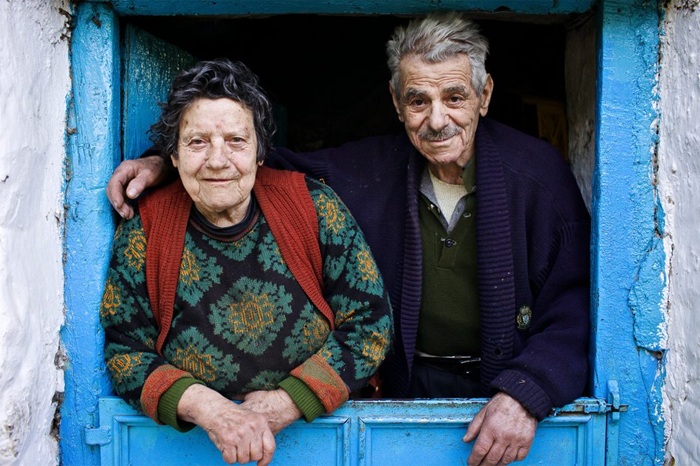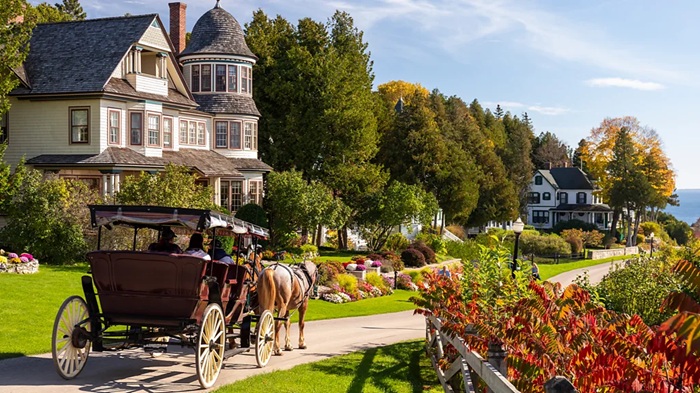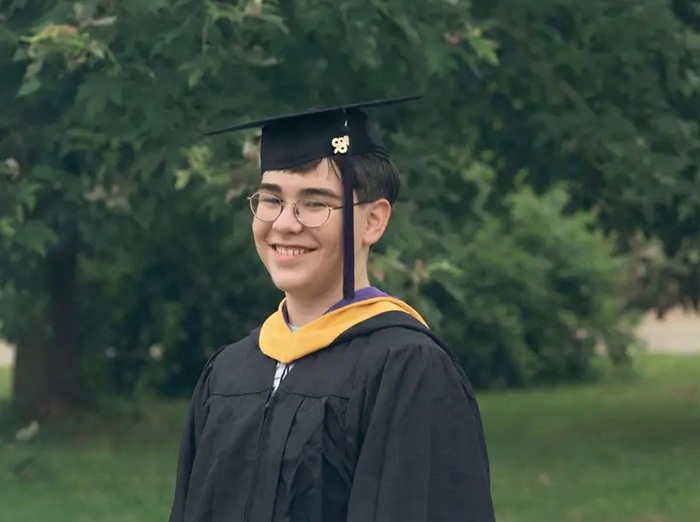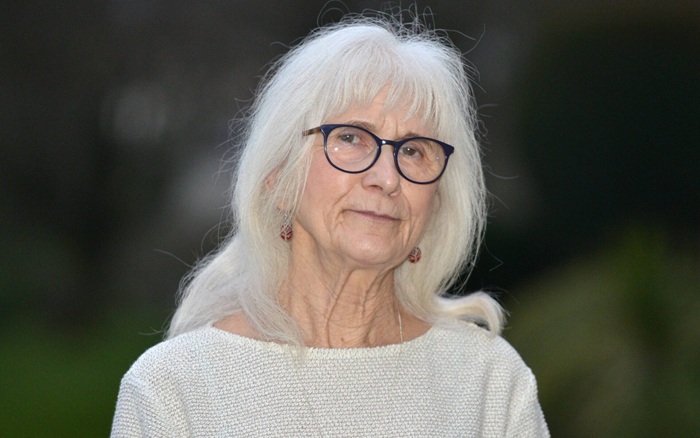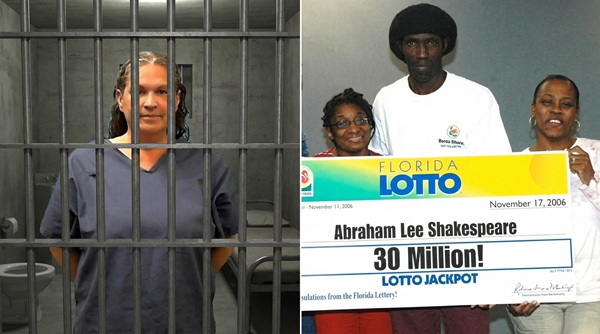In the early hours of February 4, 1999, a quiet Bronx street became the center of a tragedy that would reshape conversations about policing, race, identity, and justice in the United States. A young man named Amadou Diallo, only twenty three years old, stepped into the vestibule of his apartment building. Moments later, he lay on the ground, struck by nineteen bullets out of forty one fired by four plainclothes officers from the New York Police Department’s Street Crime Unit.
The officers said they believed he matched the description of a rape suspect. They said they believed he was armed. They said they believed the object he held was a gun.
The object in his hand was a wallet.
The story of Amadou Diallo has been told for more than two decades, but the deeper layers of his life often remain overshadowed by the circumstances of his death. To understand the weight of that night, one must first understand who he was, where he came from, and what he hoped to build in the country he had chosen as his new home.
This is the story of a quiet young man shaped by a remarkable family, a determined immigrant who arrived with ambition and discipline, and a tragedy that awakened a national reckoning.
A Childhood Rooted in Learning and Discipline
Amadou Diallo was born on September 2, 1975. Although his birthplace was Liberia, his family roots were firmly tied to Guinea in West Africa. He was the eldest child of Saikou and Kadiatou Diallo, a couple whose professional success took them across countries and continents.
His father was a respected businessman with ventures that stretched across West Africa and Asia. His mother was an educator who placed immense value on learning, structure, and personal development. Their work meant that Amadou spent parts of his childhood in several countries, including Guinea, Togo, Thailand, and Singapore.
This international upbringing shaped him in important ways. It exposed him to different cultures, gave him confidence in unfamiliar environments, and encouraged a quiet sense of independence. His family described him as thoughtful and reserved. He had a calm manner and spoke with care. He was a young man who observed more than he talked.
Education was central to his life. He dreamed of studying computer science or engineering. He wanted to build something lasting, perhaps a career in technology or business. For many young West Africans, the United States represented a pathway toward opportunity, and in 1996, Amadou made the life-changing decision to move to New York City.
A New Life in America
When Amadou arrived in New York, he carried with him the hope that hard work would lead to stability. He joined a community of West African immigrants who lived and worked in different parts of the city. Like many newcomers, he had to balance his dreams with the reality of immediate survival.
He supported himself as a street vendor. He sold items such as gloves, videotapes, socks, and small accessories from a simple display table in midtown Manhattan. His workdays were long, but he was known for his reliable nature and polite demeanor. Friends recalled that he rarely complained. He kept to himself and avoided conflict.
He lived in a modest apartment building at 1157 Wheeler Avenue in the Soundview section of the Bronx. He shared the space with other immigrants who, like him, were building their futures step by step. The neighborhood was not wealthy, yet it was filled with hardworking families who created a sense of community among themselves.
Amadou was not involved in any criminal activity. He had no arrests and no history of violence. He maintained regular contact with his parents, who supported him emotionally even from far away. His mother later recalled one of their final conversations. Amadou told her that he had saved enough money to begin applying to colleges. He was finally ready to take the next step toward the future he had imagined.
That dream never materialized.
The Night That Changed Everything
The evening of February 4, 1999, seemed ordinary across the Bronx. Winter held a firm grip on the city, and the streets were quiet. Not far from Amadou’s home, four members of the NYPD Street Crime Unit were patrolling the area in an unmarked car. The unit was known for its aggressive style of policing and operated with the motto “We own the night.”
The officers were Sean Carroll, Richard Murphy, Edward McMellon, and Kenneth Boss. According to their later statements, they believed they were searching for a man connected to a recent string of violent crimes. As they drove through Wheeler Avenue, they noticed Amadou standing near the doorway of his apartment building.
They later said that he looked suspicious and that he resembled a suspect they were trying to locate. They said they approached him to ask questions.
What happened next occurred within seconds, yet it became the subject of national debate for years.
The officers claimed they identified themselves. Whether Amadou heard them clearly is unknown. He stepped back toward the vestibule. He reached into his pocket, likely to retrieve his wallet. The officers said they believed he was pulling out a weapon.
A burst of gunfire followed.
Forty one shots were fired. Nineteen entered his body.
He collapsed on the doorway of the building where he lived. The wallet he had tried to show lay beside him.
He never made it to a hospital.
Shock, Grief, and Public Outcry
In the hours after the shooting, the story spread quickly. Members of the local West African community were the first to arrive, followed by neighbors and then journalists. The details stunned the city. A young, unarmed immigrant had been shot dozens of times outside his own home.
Public reaction grew into widespread outrage. Civil rights leaders, community organizers, and citizens from all backgrounds demanded answers. Many believed the officers had acted recklessly and without proper judgment. Protests filled the streets. Demonstrations took place at police headquarters and in front of government buildings. Signs carried simple phrases such as “Justice for Amadou” and “We are all Amadou Diallo.”
For many families in Black and immigrant neighborhoods, the shooting confirmed fears that had existed for decades. They believed that racial profiling influenced police actions and that individuals like Amadou were often viewed as threats simply because of their appearance.
The debate expanded beyond New York. Journalists, scholars, and activists across the country examined police training practices and questioned the structure of elite crime units. The public began to scrutinize how quickly officers resorted to deadly force.
The sound of forty one gunshots became a symbol of excessive policing. It awakened old wounds and created new calls for reform.
The Legal Process and the Trial
Within weeks, a grand jury indicted the four officers on charges that included second degree murder and reckless endangerment. The decision surprised many observers who were accustomed to cases where police actions rarely led to criminal charges.
The officers pleaded not guilty. Their defense argued that the officers believed Amadou was armed. One claimed he saw what looked like a muzzle flash. Another described the incident as a chaotic moment in which fear and confusion escalated rapidly. They also introduced the theory of “contagious firing,” meaning once one officer began shooting, the others followed out of instinct.
Due to widespread media coverage and concerns about impartiality, the case was moved from the Bronx to Albany, New York. The change of venue angered many, who believed that the community most affected by the shooting had been removed from the process.
The trial lasted several weeks. Witnesses testified. Evidence was reviewed. The officers recounted their version of the events.
On February 25, 2000, the jury reached a verdict.
All four officers were acquitted of all charges.
The decision intensified protest and disappointment throughout New York and beyond. Many felt the justice system had failed. Others believed the officers had acted too quickly and that the death of an unarmed young man should have carried consequences.
Months later, the NYPD disbanded the Street Crime Unit. The department insisted the decision was unrelated to the trial. Public opinion suggested otherwise.
The Civil Settlement and the Family’s Pain
In 2004, the City of New York reached a wrongful death settlement with Amadou Diallo’s family. The amount was three million dollars, which was the highest sum the city had ever paid for a case involving an individual without dependents.
The settlement was significant, yet it offered no emotional closure. Amadou’s mother stated that the payment could never replace her son. She accepted the city’s apology but spoke openly about how deeply the tragedy had changed her life.
For his father and mother, the United States had once represented opportunity. After their son’s death, that image became permanently complicated.
A Mother’s Resolve and Her Fight for Reform
After the tragedy, many expected Amadou’s mother to retreat into private grief. Instead, she emerged as an important voice in the movement for police reform and racial justice.
She established the Amadou Diallo Foundation. The organization provides scholarships for African immigrants and students of African descent pursuing higher education in the United States. Her goal was simple. She wanted her son’s name associated not only with a tragedy, but with opportunity.
She also formed connections with other families who had lost children to police violence. One of them was the family of Sean Bell, another unarmed Black man killed by NYPD officers in 2006. Through shared sorrow, these families created a network of support.
Amadou’s mother remained active in public conversations about policing. She attended rallies, met with young people, and spoke at community gatherings. During each visit to New York, she retraced some of the paths her son might have taken. She rode the subway and wondered which seats he used to occupy. She walked streets he once walked. Her grief remained strong, yet she used it to demand change.
The Symbol Amadou Became
The death of Amadou Diallo became more than a single incident. It became a symbol of a larger national conversation. It appeared in music, literature, documentaries, and speeches.
Musician Wyclef Jean released a song titled “Diallo” to honor his memory. The block where Amadou lived was renamed “Amadou Diallo Place.” Each year, vigils bring together residents, activists, students, and families who still believe his story carries lessons for the present.
The broader issues raised by his death remain relevant. Communities continue to debate over police accountability, racial profiling, and the use of deadly force. Many other names joined the list of individuals whose deaths sparked protests and renewed calls for reform. Despite the passing years, Amadou’s case still stands as one of the most recognized examples of how a moment of misjudgment can take a promising life.
A Legacy That Continues to Inspire Change
Amadou Diallo was not a criminal. He was not a threat. He was a young man who wanted to study, work hard, and build a better future. He carried no weapon. His only action that night was reaching for his wallet, likely to identify himself.
His death triggered protests, reforms, public inquiry, and personal reflection. His name became a central part of discussions about justice in America.
Today, he is remembered not only for the tragedy of his final moments but for the movement that followed. His story continues to inspire those who advocate for clearer policies, better training practices, and greater accountability. His life encourages young people to pursue education, to work toward their goals, and to honor the value of every human life.
What happened on February 4, 1999, cannot be undone. Yet the lessons remain important. They challenge societies to examine how authority is used and how it should be used. They remind communities that fairness requires effort and vigilance.
More than two decades later, Amadou Diallo’s memory endures. It invites reflection. It urges reform. It honors the life of a young man who deserved far more than what he received.

